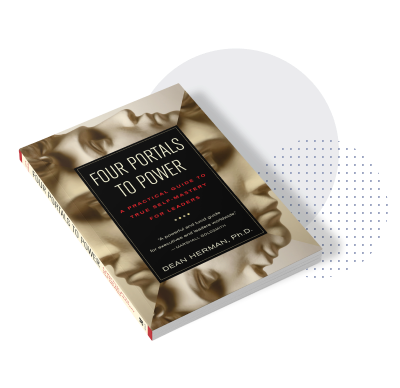Articles
Why Won't People Change?
May 18, 2011 (Number 21) One aspect of CEOs' behavior frequently astonishes me. When trying to shift the conduct of various leaders and employees, these normally astute executives can resort to approaches that are quite simplistic. It often comes down to some version of the threat, "These people need to change or get out."Not surprisingly, such change initiatives typically fail — as the research conclusively demonstrates. The CEO is then left feeling exasperated and helpless.
Have you noticed something similar when trying to get specific individuals to change? Think of the last time you asked a colleague — or your spouse, child or parent to act differently. Did they enthusiastically embrace the idea? Or did you notice a somewhat different reaction?
If you want to actually make change happen, consider this:
- The vast majority of people harbor strong — albeit irrational — doubts about their abilities. Therefore, invitations to change trigger their feelings of fear and powerlessness. Somehow, they feel, they've managed to cope and even succeed under the old regimen. They dread the new behaviors requested of them will expose their deficiencies. Accordingly, they resist the change. It's human nature.
- When CEOs attempt to force change, they greatly intensify the resentments that even measured requests for change can activate. This frequently results in hidden resistance and an underground war that saps the organization. See Chapter 1 of my book for further elaboration.
- A more effective, and empowering, approach is surfacing the resistance by ensuring everyone has a voice about the change. Consider even asking, "What's wrong about this proposed change?" Remember: When people feel powerless, they feel fear, shame and anger and will respond "passive-aggressively." But when they're empowered — and see that you care enough to want to know their views — they'll want to make their contribution.
- Show how the change actually serves the individual — not just the organization. Make it meaningful for him or her. This is one of the crucial ingredients in our Power Optimization program — and it nearly always generates transformation.
Dean Herman


